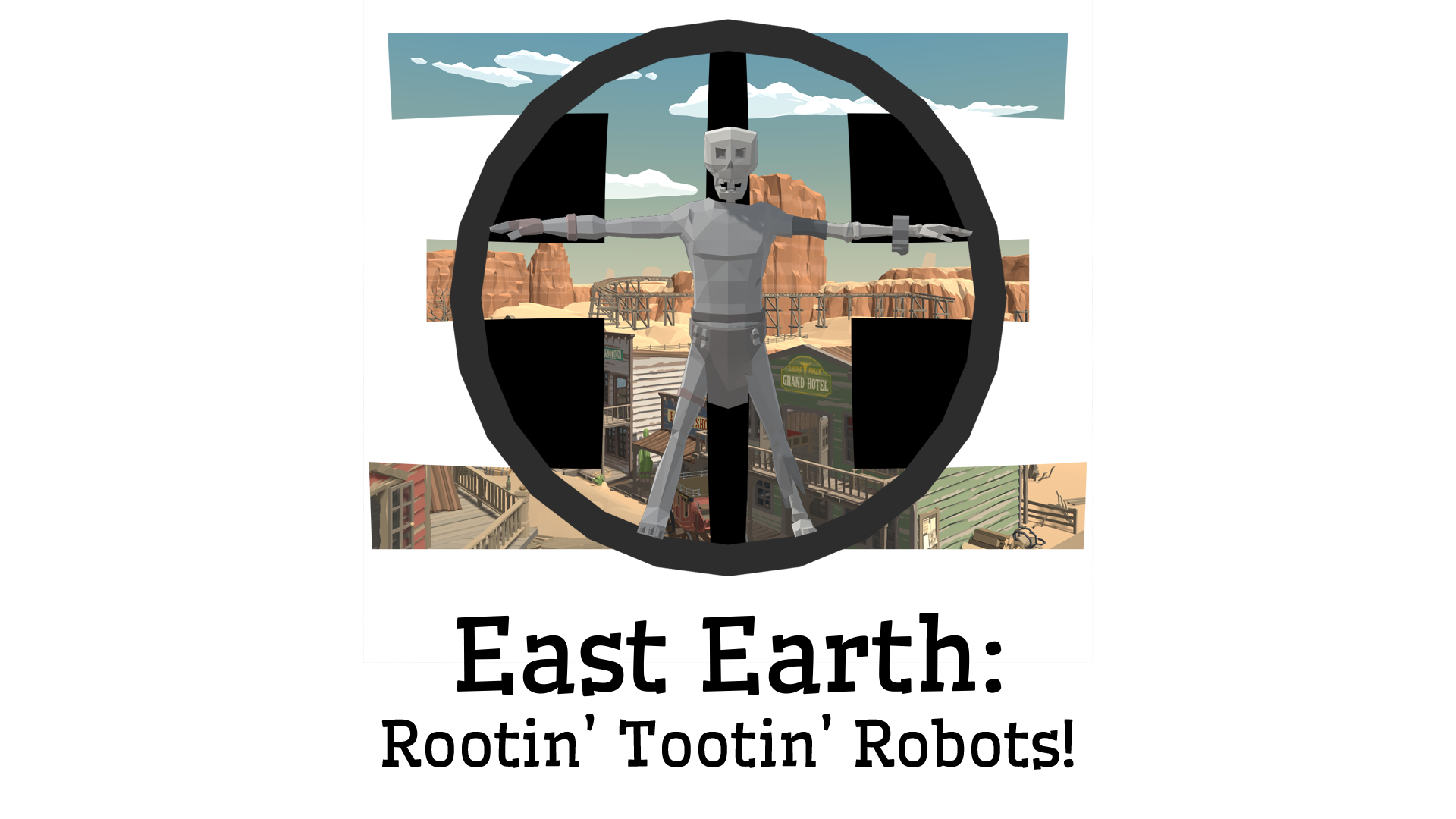
The main narrative just rarely, if ever, feels as consistent as its little moments do.Games nowadays often borrow existing mechanics and inspirations from other titles, but sadly end up falling a bit short on capturing what makes those titles great. Part of me wishes Eastward was just a little bit more focused, with a more apparent and concentrated effort to get its themes across. I think ultimately John’s eerie silence ends up playing against the story’s emotional stakes, and the shifting goals and objectives made the journey to the end feel a bit scattershot. It seems like there’s enough room here for a sequel, which I’d really like given how some pieces of the story never got fleshed out, and some threads were left without much closure compared to others. There weren’t any I had to struggle and set down my Switch to ponder over, but Eastward finds some clever ways to make use of Sam and John’s abilities, as well as splitting them up and setting them along separate paths, to create some puzzles that feel very rewarding to complete.īy the end of my time with Eastward, I felt like I’d reached a conclusion with some satisfying notes, though it left me with more questions than answers. Puzzles, meanwhile, start out pretty easy but eventually become fun challenges to complete. Eastward‘s music is absolutely brilliant. Or it’s a big theme, dropping perfectly in time with a dramatic on-screen moment to drive home how far John and Sam have come thus far. Sometimes it’s a small town with quiet little melodies or cheerful chirps, or maybe a somber, nostalgic tune wallowing in the background. The way Lee grimaces when Alva chides him for smoking indoors the cold, calculated way Isabel reaches for her blade and especially the little celebrations Sam and John do after winning an arena fight or finding a key, all continuously remind you of who these characters are, and how they feel in the moment.Īnd then there’s Eastward‘s soundtrack, which is a frontrunner for my favorite soundtrack this year. Everything, from idle animations to little trademark motions, clearly conveys who a character is, how they feel, and what their personality is like. One aspect that continually took me aback about Eastward was its animations. It doesn’t just look good in stills, but it plays out incredibly well in motion as well. It is, simply put, one of the prettiest pixel art games I’ve played in a while. And one of the main villains, Solomon, is an enigma that never really solves or sticks he just seems present when an antagonist is called for, and I never felt I understood his motivations or, really, much of anything about him.

Even so, the story’s latter half still veers off into odd side ventures. They form some solid pillars of growth, change, and emotion that by extension help John and Sam have more direction, too. Those characters are made up of similar pairs: the father-son duo William and Daniel, and the couple Isabel and Alva. It wasn’t until I was well into New Dam City, Eastward‘s largest hub and home to one of its longer chapters, that I started to get really interested in the characters around me. Eastward takes a while to establish some characters and flesh them out, and with John silent and Sam sometimes unaware, the early half of Eastward had trouble getting me invested.

A lot of Eastward has good laughs, though it creates an awkward pacing problem when things get much more dramatic and tense.


 0 kommentar(er)
0 kommentar(er)
